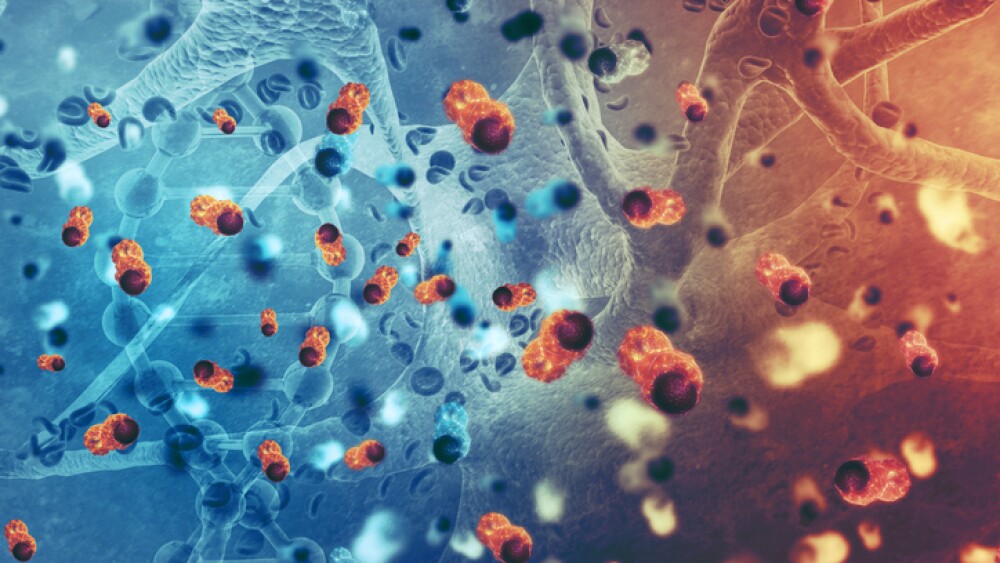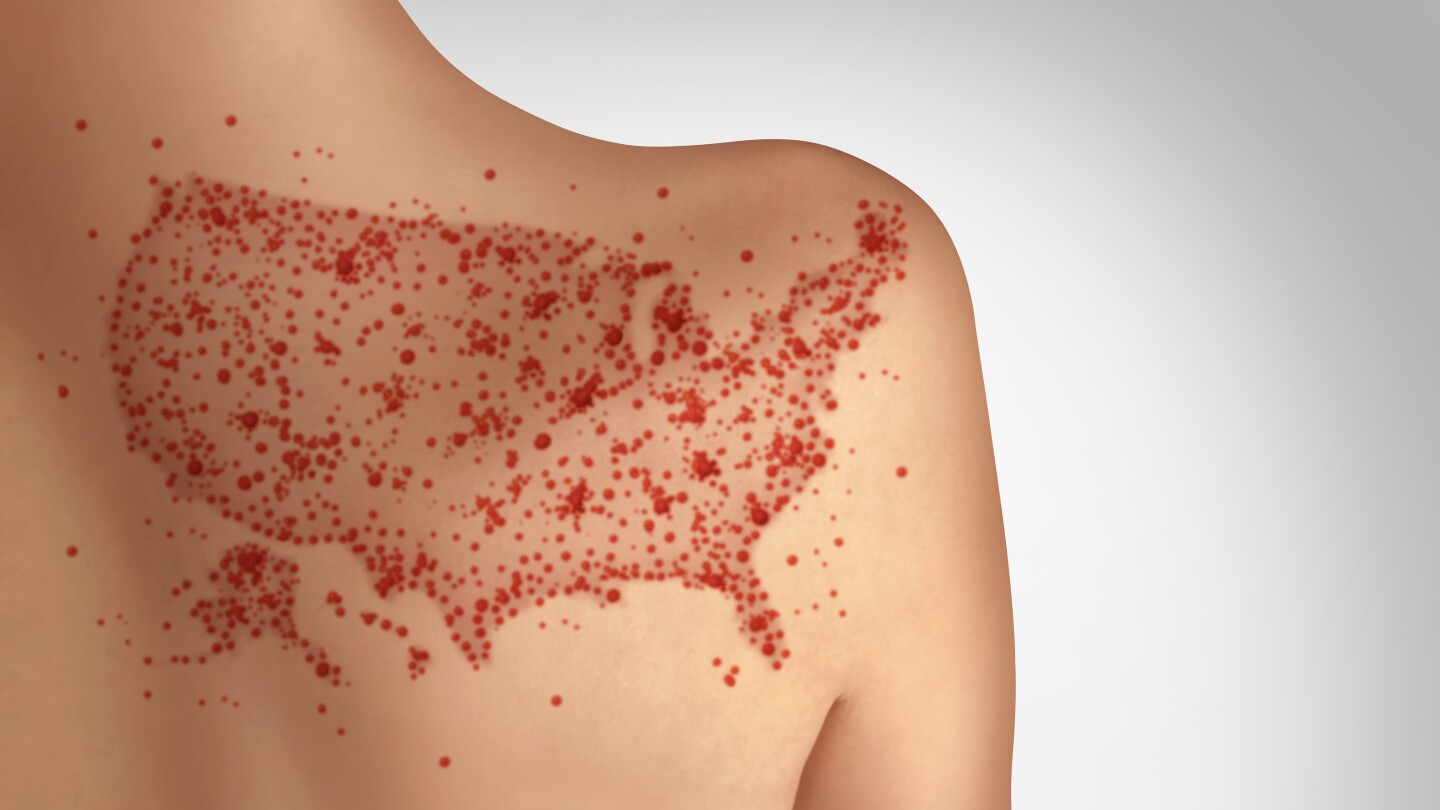News
Around 3,500 FDA employees received termination emails; FDA Commissioner Marty Makary suggests lowering industry user fees and tying review times to drug prices; the regulator opens its trove of complete response letters in the name of transparency; and two companies receive rejections for rare disease therapies.
FEATURED STORIES
Traditionally carrying a dire prognosis, the treatment paradigm for multiple myeloma is changing, with CAR T therapies, bispecifics and more contributing to multifaceted regimens unique to each patient’s needs.
Biopharma executives make their predictions for the year ahead, from a bold forecast for the return of the megadeal to a plea for the slow, healthy recovery of the industry at large.
As I ran from interview to interview across San Francisco, I was consistently warmed by the stories I was told by biotech and pharma executives—and the general comradery in the air throughout the chaotic event.
Job Trends
Bristol Myers Squibb (NYSE: BMY) will announce results for the fourth quarter of 2023 on Friday, February 2, 2024.
FROM OUR EDITORS
Read our takes on the biggest stories happening in the industry.
Unpredictable communication and a lack of transparency are eroding the industry’s and the public’s trust. The FDA, experts agree, needs to take control of the narrative.
THE LATEST
Most of the 15 million children with a rare disease have no FDA-approved treatments available to them. And when it comes to the most-rare conditions, there isn’t even a pipeline.
The largest Chinese licensing deal behind Pfizer’s is Novartis’ partnership with Shanghai Argo Biopharma, worth potentially more than $4 billion.
The Most Favored Nation order is unlikely to deliver broad, sustained savings without triggering legal challenges, administrative friction and unintended consequences for both the healthcare sector and patient access.
The partnership with Sirius expands CRISPR Therapeutics’ modality toolkit, especially in the cardiovascular space.
The late-stage results come in advance of pivotal data that Ionis expects to provide for its antisense oligonucleotide Tryngolza in the third quarter, building up toward a regulatory submission in hypertriglyceridemia by year-end.
In an interview on Friday, FDA Commissioner Marty Makary threw his weight behind psychedelic therapies, noting that patients taking these substances experience significant benefits for various neuropsychiatric conditions.
The deal comes three months after Pfizer inked a PD-1/VEGF partnership with Summit Therapeutics, leading BMO Capital Markets to express confusion regarding the pharma’s overall strategy.
In a year when eradicated diseases are on the uptick in America, how will American children survive RFK Jr.’s vaccine scrutiny and inconsistency? Two experts call on pharma and regulatory bodies to rebuild trust.
A new generation of checkpoint inhibitors is emerging, with some showing more promise than others. From recent TIGIT failures to high-potential targets like VEGF, BioSpace explores what’s on the horizon in immuno-oncology.
Govorestat failed to meet its primary endpoint in a Phase II/III trial for a rare form of Charcot-Marie-Tooth disease, a few months after the FDA rebuffed the same drug in a similar indication.

















